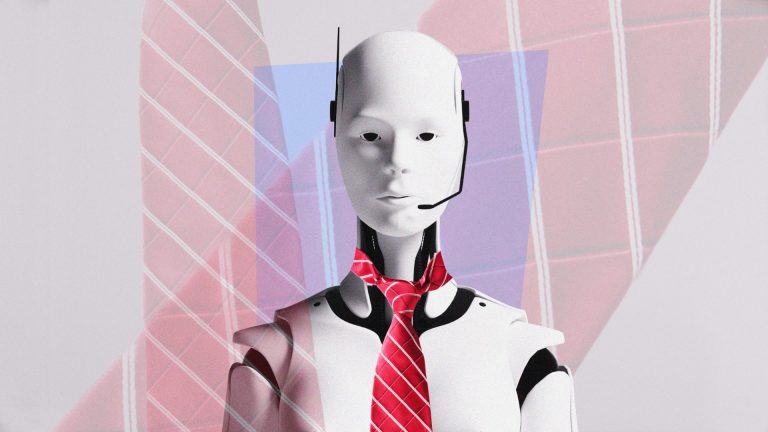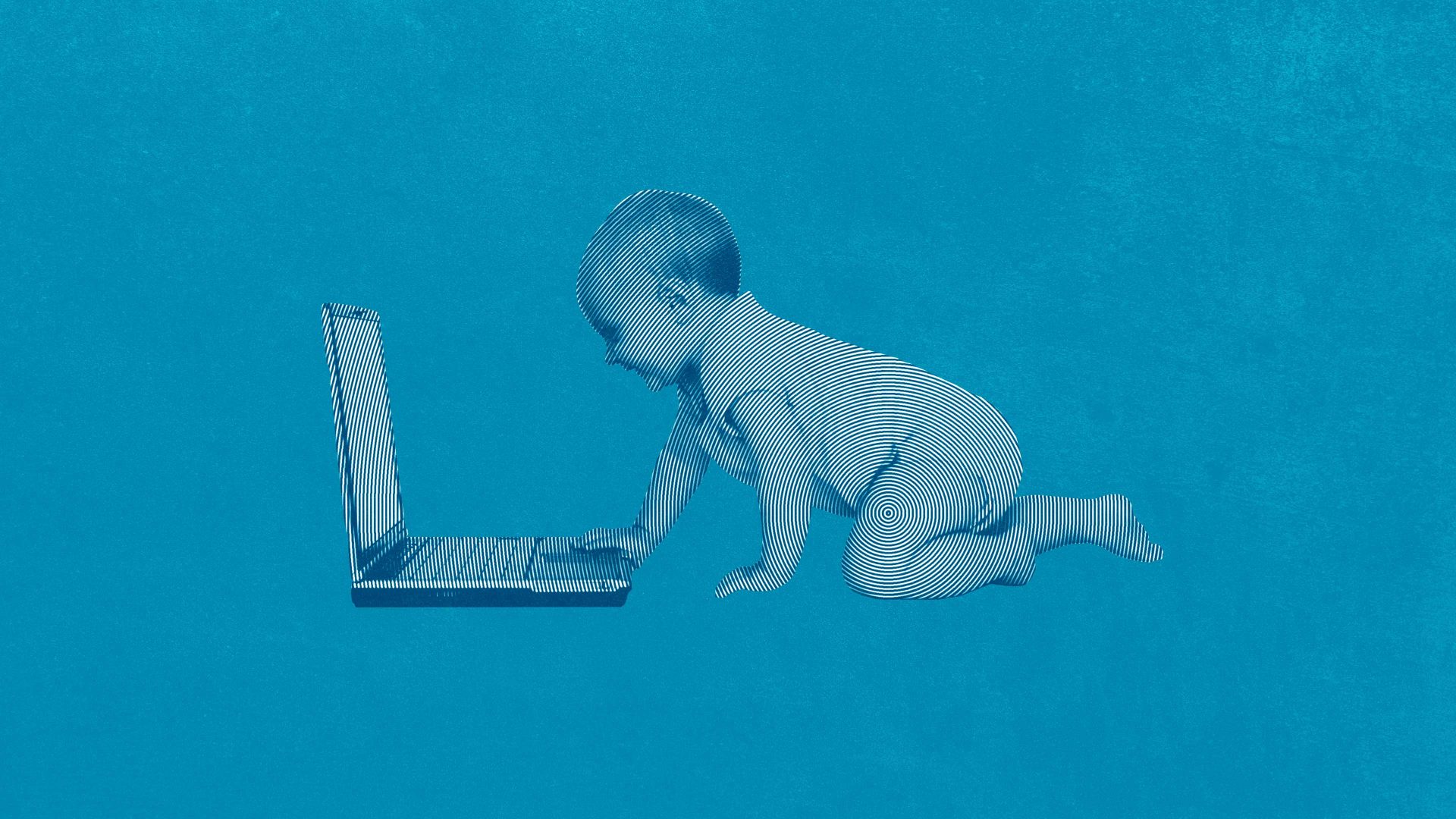“Oh yes”, she told me, “it’s the 3-6-9-12 rule!”. I was talking to a relative in France who proudly doesn’t follow the news at all, and I was taken aback by what she’d told me. For the avoidance of doubt, this is someone who thought, when pressed, that the Occupy movement was about solidarity with homeless people. More recently, she confessed to only being vaguely aware of what this “Ozempic” business was. Again: I was, for all intents and purposes, speaking to a happy hermit.
How did she know about the French government’s recommendations on children and screens, then? She’s not even raising anyone right now. Clearly, the state had – for once – done something right, and managed to communicate clearly and efficiently with its people.
The rules, if you were wondering, are pretty simple, and were devised by psychiatrist Serge Tisseron back in 2008. Until the age of three, a child should spend as little time as possible in front of screens. It may not be possible to avoid them altogether, but a serious attempt should be made for under-threes to never be in front of one.
Until they turn six, a child shouldn’t be allowed to have their own portable device, be that tablet or game console. Between six and nine, a child should be able to, say, watch television alone or play video games offline, but they shouldn’t be able to access the internet in any way. Between nine and 12, they should only be able to be online when an adult is present in the room, and able to see their screen if needed. Only at 12 should they be allowed to use their own device to go on the internet by themselves.
Now, to preempt any critiques: yes, these 3-6-9-12 rules are quite draconian. My social bubble is only one of millions in Britain, but few of my – educated, middle-class, do-gooder – friends are in any way close to obeying all these rules. It also seems worth pointing out that, at risk of stating the obvious, technology has changed a fair amount between 2008 and 2025. Some of these things would have been easier 17 years ago than they would be in today’s world.
Suggested Reading


Meet Claude, the $14bn AI that thinks it wears a tie
Still, other things should be made clear too. The first one is that those rules are straightforward, and can be remembered easily. If in doubt, Google “36912 écrans” and you can get a quick reminder. Another more important one is that these aren’t laws: the French gendarmerie will not break into your home if they find your toddler watching Bluey in the sitting room.
Like NHS guidance on the number of alcoholic units an adult should drink in a week, there is no great expectation that everyone will change their behaviour overnight. Instead, both of them exist to give people a sense of what best practice looks like, and remind them that this thing they enjoy – be that sticking their kid in front of the iPad or sinking a glass of Merlot after work – can actually be harmful. You may not always stick to the rules, but at least you know what you ought to be doing.
Really, the question is: why isn’t Britain doing the same thing? The Online Safety Bill has been on everyone’s lips for the past few weeks, as multiple websites including Bluesky have been made to confirm the age of their users. The law’s purpose is to ensure that minors no longer have access to harmful content online but, already, there are worries that many sites will throw the baby out with the bathwater.
From teens no longer able to access educational content on healthy sexual relationships to international sites simply deciding that the UK’s rules are too stringent to bother engaging with altogether, the unintended consequences could be far-reaching. More broadly, it seems worth asking if it really is the best – or only – thing we can do.
The internet has changed our lives so quickly and in so many ways that attempting to update legislation in real time can feel like playing whack-a-mole. One way of dealing with this could be to recognise that, before banning this or that, seeking to educate people on best practice and potential harms could go a long way. It won’t fix everything, but wouldn’t fixing at least something feel like a hell of a start?











